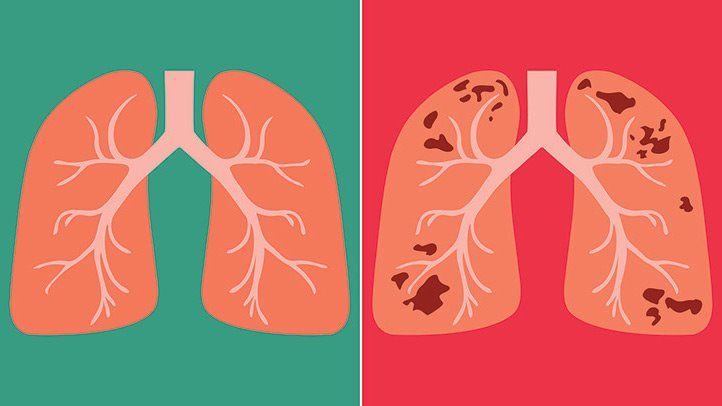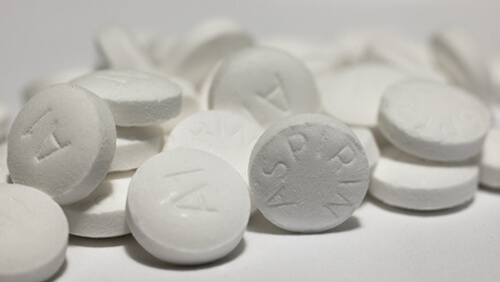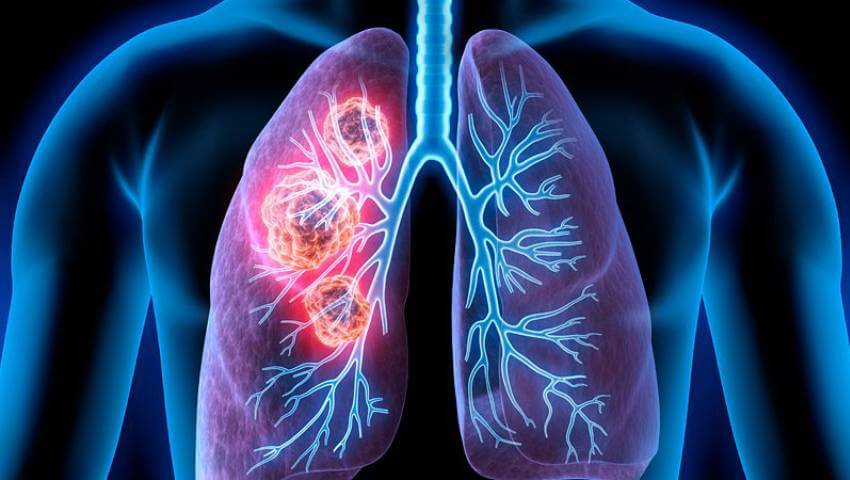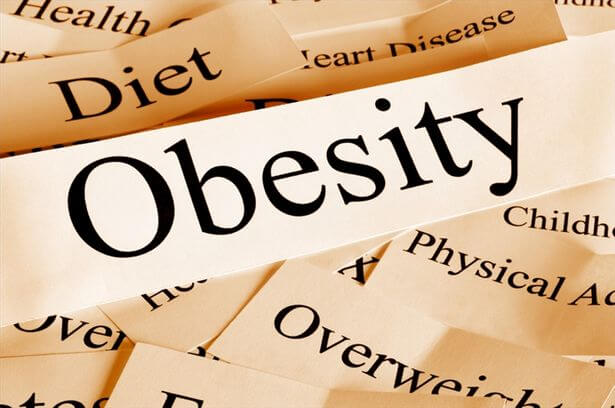Tuberculosis: Deadly infectious but curable disease
Thu 08 Apr 2021, 12:08:05

Tuberculosis or TB is an infectious disease that primarily affects the lungs. The bacteria usually spreads to people when an infected person sneezes or coughs which is why it is essential to timely diagnose TB and seek immediate medical attention. Let us take a look at how the disease can be treated in time…
TB infection happens owing to the bacteria Mycobacterium tuberculosis. It will take a toll on one’s lungs but can also impact other parts of one’s body along with the lymph glands, brain, kidneys, bowels, or bones.
The India TB Report 2020 stated that 79,144 deaths due to TB were reported in 2019.
According to the Global Tuberculosis Report 2020, TB incidence rate in India is 193 per 1 lakh population, with the total number of cases estimated at 26,40,000. It is essential to catch the disease at an early stage and then treat it accordingly.
Some common symptoms are fatigue, loss of appetite, constant cough, fever, nighttime sweating, cough with thick mucous and even coughing up blood.
The symptoms may appear mild for a few months and then can drastically increase. Thus, a delay in treatment can increase your risk of spreading the infection. Hence, opt for tests immediately after you notice the
symptoms.
symptoms.
The diagnosis of TB can be done by taking a sample of the mucous. A patient may be asked to go for sputum sample testing. Also, individuals may also be asked to undergo an X-ray, blood test, or even sputum smear microscopy to check prevalence of TB.
TB is curable if treated with the drug combination for a minimum of six months.
If a person fails to seek appropriate treatment or even do not follow the instructions given by the doctor, then the TB bacteria may get stronger and symptoms may reappear and this can be known as drug-resistant TB. This drug-resistant TB can be serious.
Multi-drug resistant TB (MDRTB) is a form caused by bacteria that does not respond to two of the most powerful drugs. Treatment options for MDR-TB are limited and expensive.
In case a person has TB infection and symptoms are not visible, that is latent TB. Then, the person may be at the risk of suffering from TB in the near future. Thus, one is advised to take treatment for only a short period to stop the infection and have to speak to a nutritionist about the foods to include and exclude in the diet.
TB is caused by the bacillus Mycobacterium tuberculosis
TB most often affects the lungs
No Comments For This Post, Be first to write a Comment.
Most viewed from Health
AIMIM News
Delhi Assembly polls: Owaisi leads Padyatra in Okhla
Feb 01, 2025
We reject this Waqf Amendment Bill: Asaduddin Owaisi
Jan 30, 2025
Latest Urdu News
Most Viewed
May 26, 2020
Do you think Canada-India relations will improve under New PM Mark Carney?
Latest Videos View All
Like Us
Home
About Us
Advertise With Us
All Polls
Epaper Archives
Privacy Policy
Contact Us
Download Etemaad App
© 2025 Etemaad Daily News, All Rights Reserved.






























